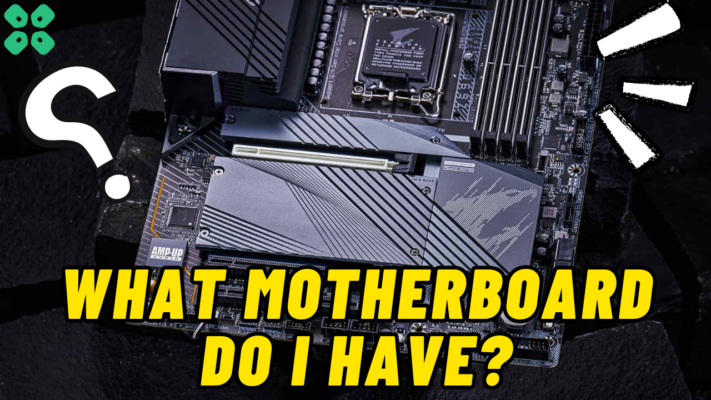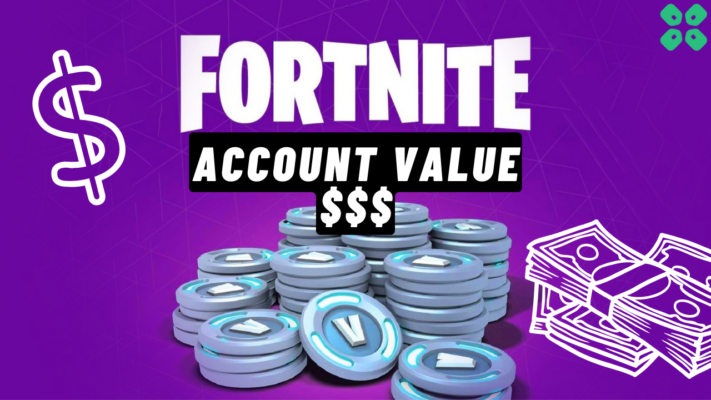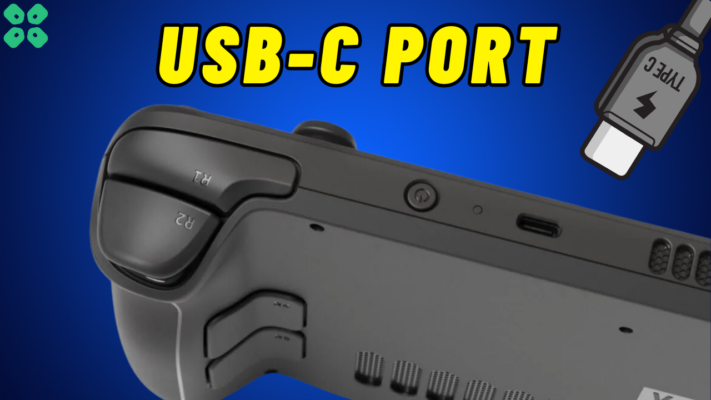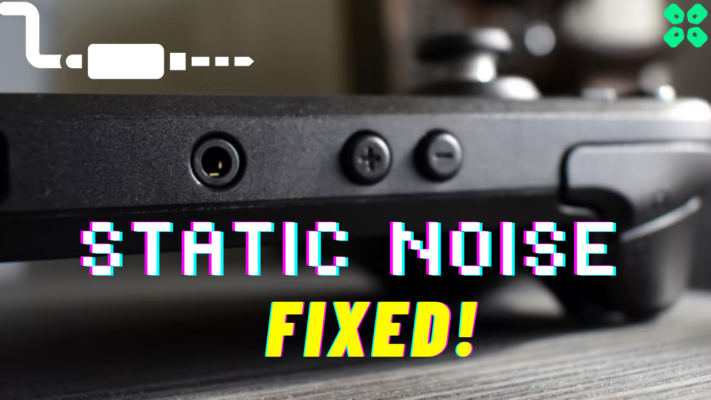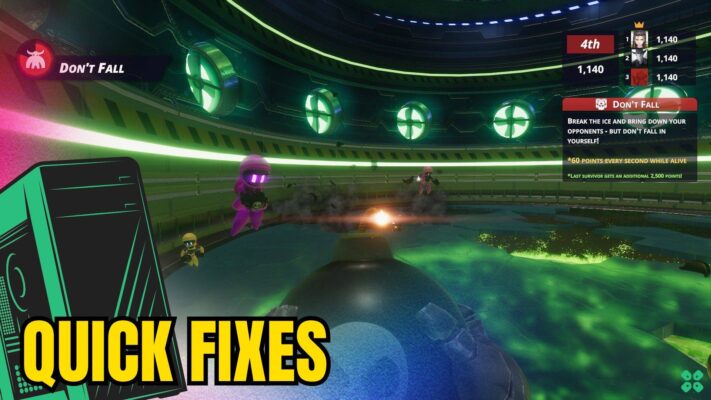CMS provides a convenient interface for adding, editing and managing content on a website. If you are a passionate gamer, but don’t have the energy to completely develop a site, and share your learnings or anything, you should be choosing CMS.
This makes the website management process more accessible to people who do not have specialized web development skills. In this article, you will learn how to choose a CMS. This will simplify your communication with the web portal development services company if you are planning to develop a project.
What Is It? And Why would you need it?
CMS is a website content management system. For example, WordPress or Joomla. Let’s imagine, a marketer needs to upload a new product to a website. He enters a name, and description and attaches a photo in a special form. After publication, the new product appears on the website and is seen by customers. This is how a CMS works.
Without it, each time you would have to write the entire page code and register the display of each individual element. This would take a lot of time. Plus for the company, there are additional costs for supporting the development staff.
You need to understand that a CMS is not the appearance of a website. This is what the user does not see, the control system inside. When a company is going to create a website, it is important for it to choose a CMS that suits its tasks. CMS is developed for different tasks. In general, all of them can be divided into two types:
- Self-written.
- Package – commercial and open.
1. Self-written CMS
Such systems are written for a specific task and are used for large projects such as YouTube or Instagram. To do this, they hire a team of developers, they write a unique website and a management system for it. Custom CMS can be developed by a specific studio and used only by it.
Often in self-written projects, developers do not write explanations for each function of the code. Because of this, it is difficult for an outsider to understand the structure and logic of a self-written CMS: you either need to ask the developer or figure it out yourself. In the case of a self-written CMS, the company is tied to a specific developer and another will not be able to get involved in the work quickly.

Pros
- Unlimited functions – you can customize them to suit your needs. For example, you can just make a blog, and then add comments and user profiles. In each profile, the user can save the articles he likes, and the administrator can limit access to articles for a specific profile.
- There is a low probability of hacking if the site is written by a competent developer.
Cons
- High development cost – suitable for large projects.
- Tied to a specific web portal developer – it’s difficult and expensive to understand the logic of someone else’s code.
2. Package CMS
These are ready-made systems for website management. Each one has a specific set of solutions. For example, a blog can be created on WordPress, but an online store is better created on Joomla.
With the help of boxed solutions, you can create almost any standard website: an online store, a blog, an information portal, a forum, a promotional page, a catalog, a scientific journal, an online service, and much more.
All sites on the same CMS are designed the same way. And there is clear documentation for developers. There is no need to re-deal with any modifications each time or write all the code from scratch. In general, modifications are cheaper. Boxed solutions have several independent parts from which the site is assembled: content, theme, plugins, and admin panel. The developer just needs to assemble ready-made blocks into a single website and configure their correct interaction.
Pros
- Relatively low development cost.
- There is no connection to the developer.
- Expanding the range of functions using plugins.
Cons
- Conditionally limited set of functions.
- The developer of the plugin may stop supporting it, and some functions will disappear.
2a. Open Package CMS
Open-source CMS is distributed under the GNU GPL – General Public License. These systems are open source and can be obtained for free. The code of such a system is available to anyone, and it can be freely changed, without violating the copyrights of the creators. This is how WordPress, Joomla, and OpenCart work.
Anyone can understand the code and how to create a website using it: all sources are open and free. Because of this, there are a lot of developers who write websites on open CMS, but no one guarantees the quality of work.
Anyone can write a plugin or theme for such CMS, but there are risks in doing so. For example, a developer can embed a piece of code into a widget that will steal the data of site users, their phone numbers, or cards. In another case, hackers can find a vulnerability in a CMS and obtain data from any site on a specific free CMS. The developer of the CMS itself, in the best case, will notice the vulnerability and fix it.
2b. Commercial Package CMS
Developers of commercial CMS make money by distributing such systems. Their source code is closed. For a CMS developer company, this is a business; their product is a CMS. Therefore, any developer will strive to improve their CMS and make the system convenient for end users. Commercial systems include UMI.CMS, NetCat, Shop-Script, 1C-Bitrix, CS-Cart, and others.
Which CMS Is Best For Your Tasks?
When setting up a website for your gaming venture, the right CMS can make all the difference.
Various CMS platforms cater to different needs. While you can technically design any gaming site on any CMS and expand its capabilities with plugins, it’s far more efficient to select a CMS optimized for your specific gaming requirements. For instance, if you’re building an expansive online gaming platform with thousands of players, it might make sense to invest in a custom CMS. On the flip side, for a smaller gaming blog or forum, an off-the-shelf CMS should suffice.
Conclusion
Your choice in a gaming CMS should hinge on your project’s precise requirements and objectives. Key considerations include budget constraints, the volume of game-related content, security protocols, features needed, and the expertise of your development squad. If you’re on the hunt for a top-tier gaming web portal developer, consider reaching out to Digiteum. They offer services spanning from web to mobile game development, MVP creation, and more.


